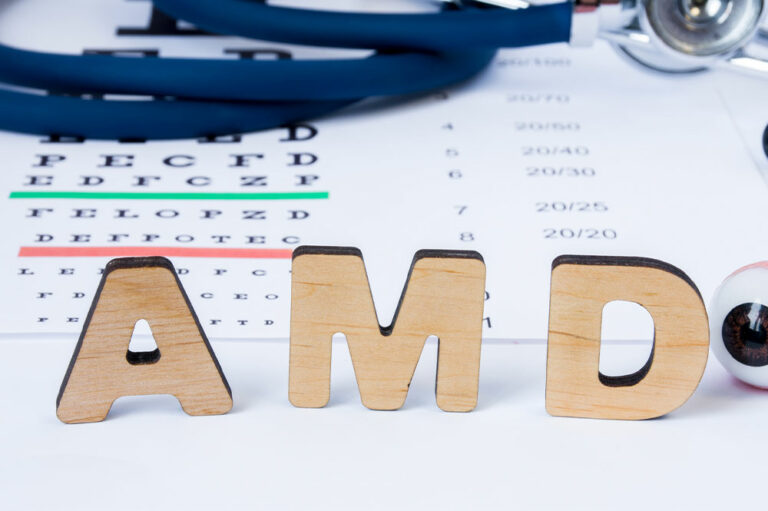
Debunking 10 Common Myths About AMD
Age-related macular degeneration (AMD) is a degenerative condition that affects the macula—the small central area of the retina responsible for central vision. The condition is the leading cause of vision loss in those over 50 and is a significant public health issue. Despite its prevalence, there are still many myths and misconceptions about the condition that prevent others from understanding the risks, symptoms, prevention, and management of age-related macular degeneration. Symptoms Early signs of AMD include a sudden change in vision, such as more blurriness or distortion than usual. One may also experience difficulty reading fine print or recognizing faces at a close distance. As the disease progresses, one may lose peripheral vision and eventually be unable to see anything beyond 20 feet (6 meters). Other symptoms include loss of eyesight in one or both eyes, change in color perception, and trouble driving or walking at night due to poor visibility at dusk and dawn. Common myths about AMD The condition is rare There are many myths about the disease, but one of the most prevalent one is that the condition is rare. However, millions of people experience some form of age-related macular degeneration, i.e., it affects nearly 1 in 10 people over the age of 50.
Read More 










